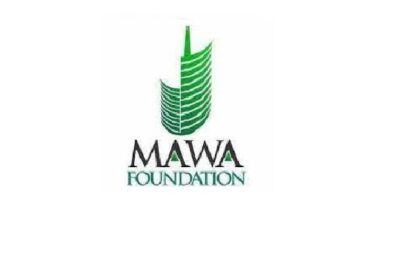At the moment, Nigeria is fast becoming one of the most dangerous societies to give birth as a mother. Of about 1,000 that give birth, 800 die, with the Northeast Nigeria being the worse hit recording over 1,500 women’s deaths in 100,000 of them that give birth, the World Health Organization (WHO) report says.
As these figures continue to be scary statistics, MAWA-Foundation Community Voice Project, reveals that Primary Healthcare Centres across rural communities in Nigeria have become deplorable with many of them not being able to provide healthcare services to the rural inhabitants, forcing pregnant women to rely solely on the Traditional Birth Attendants for ante-natal care and child delivery.
In many rural communities in North-Central Nigeria, Kogi, Kwara, Nasarawa, Benue, Plateau, Niger, and Abuja, there are no midwives and virtually all the PHCs have become deplorable and cannot deliver healthcare to the people.
However, North-Central Nigeria is not an exception; its example is found all over Nigeria. Women and health workers who spoke to MAWA officials in different rural communities in Abuja and Nasarawa State pointed out that there is no other way to address community health crises than to identify Traditional Birth Attendants and train them for better service delivery.
Although the Traditional Birth Attendants play a vital role in addressing community health crisis, the community trust and rely on them, many health professionals consider their practice as dangerous and do not recognize it. This is the main reason the government must make a huge investment in training them.
Our engagements with senior officials of State Primary Health Care Development Agencies reveal that the states do not consider training Traditional Birth Attendants as an alternative for addressing community health crises.

Monies meant for community health through the state Primary Health Care Development Agency are often spent on programming instead of providing training to health workers and amenities that will aid healthcare delivery.
For instance, Mr. Abubakar Kaoje, the Executive Secretary of Kebbi State Primary Health Care Development Agency, explaining how the state spends money for community health, says some of the funds are expended on programming.
In some of the rural communities in Northeast and North-Central Nigeria, involving Traditional Birth Attendants is the only way to have any successful immunization or healthcare awareness. And, this happens as a result of the community’s trust and reliance on them.
In some rural communities in the Gwagwalada and Kuje areas of Abuja, family planning advocacies were unsuccessful until Traditional Birth Attendants were brought in to lead the process.
From what we have seen in the role Traditional Birth Attendants play in community health, the community reliance and trust in them, we appeal to governments at all levels, the development partners, and the non-state actors, to consider them in investments regarding addressing health care challenges in Nigeria.
We are aware that it might likely be a huge challenge to get health professionals to support Traditional Birth Attendants, however, the state should have a policy in place that will allow for their training to position them for better service delivery.
– Audu Liberty Oseni
Coordinator, MAWA Foundation
liberty@mawafd.org





